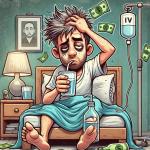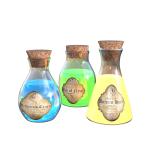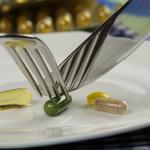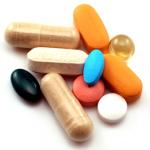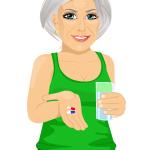It is nothing short of hilarious that people who drink excessively, to the point where they experience a hangover the next day, are overly concerned about their health.
vitamins
Join our directors of bio-sciences and medicine Cameron English and Dr. Chuck Dinerstein as they break down these stories on episode 22 of the Science Dispatch podcast.
Complementary medicine (CM) runs the gamut in its healing claims from offering authentic stress relieving massage and well-meaning, but expensive placebo to outright spurious declarations.
Dietary supplement use, albeit nutritional products or alternative medicines, is a very lucrative industry that is for the most part riddled with overly auspicious claims in support of the notion they are a panacea.
Anyone who regularly reads ACSH's writings knows that we look askance at the practice of many Americans to gulp down vitamin and/or mineral supplements (VMS), in the belief that even if one isn't deficient they will provide some sort of
This flu season, one product is making its comeback: orange juice. Sales of OJ seem to have gotten a boost — after years of decline — due to consumers' fears of getting the dreaded illness.
Sure, everyone ‘knows’ what vitamins are — they’re those substances in the pills you take with OJ every morning, and if you don’t, you’ll get sick.
When life hands us lemons, we can make refreshing lemonade. We can squeeze them in tea to soothe colds and congestion. But we can't prevent or cure disease, especially cancer.
There are many reasons not to take dietary supplements, just take a look at some of the stuff we've written in the past. But to jog your memory, here are five reasons not to start taking dietary supplements, or multivitamins.
Vitamin D status and supplements seem to have become a societal preoccupation. Encouraging the latter’s use as a cure-all, the “magic bullet” commercialization of vitamins and supplements has created a multi-billion dollar industry.
